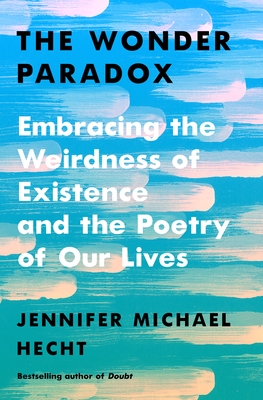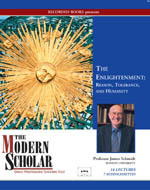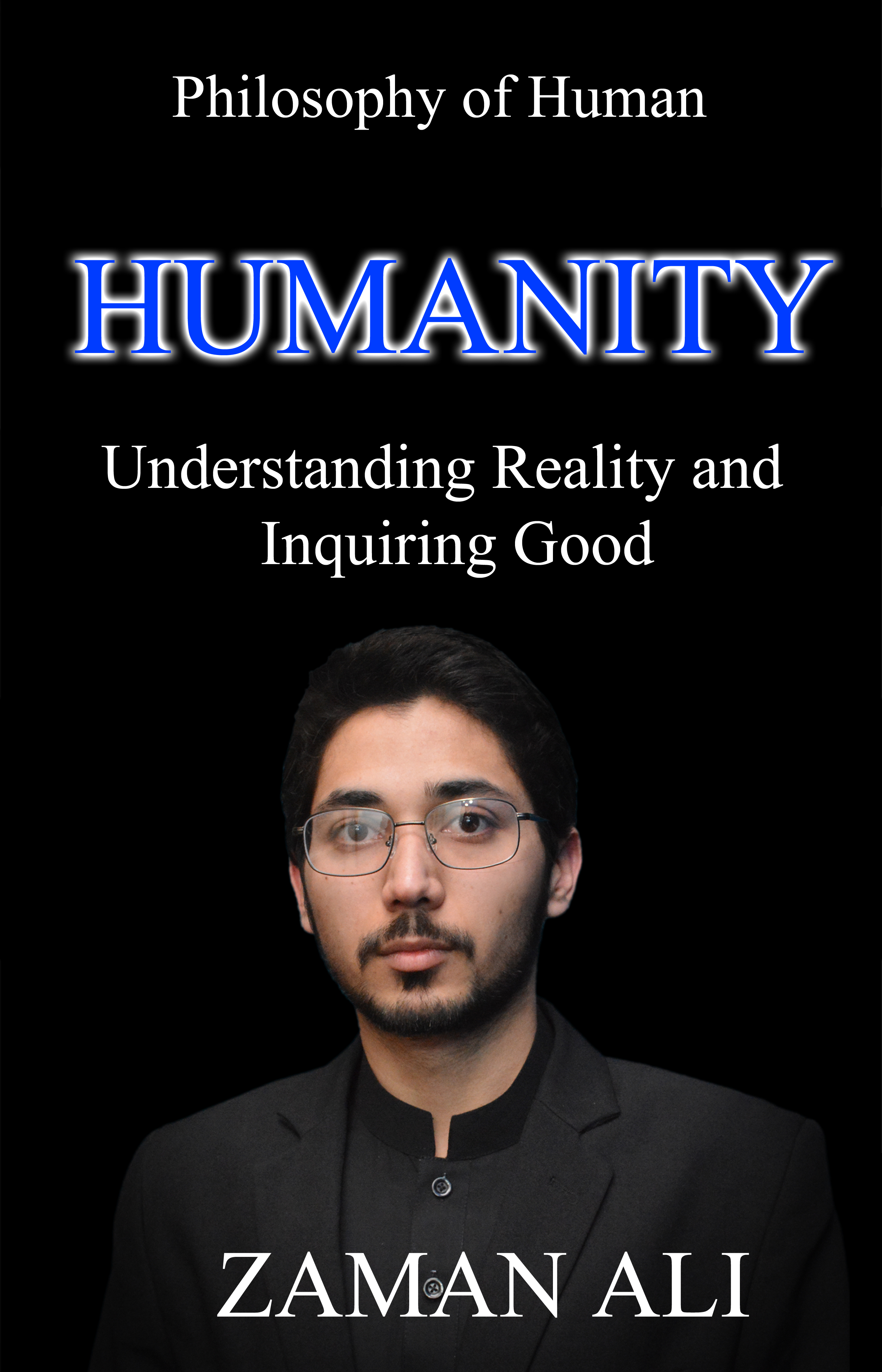
Humanly Possible: Seven Hundred Years of Humanist Freethinking, Inquiry, and Hope
Book Description
What drives humanity to reach for meaning amid chaos? In "Humanly Possible," Sarah Bakewell embarks on a breathtaking journey through 700 years of humanist freethinking, intertwining tales of audacious thinkers and their fearless inquiries. From the shadows of the medieval world to the enlightenment of modernity, the narrative bursts with moments of radical questioning and profound hope. Each chapter unveils how these extraordinary minds challenged authority and crafted ideals of freedom, reason, and compassion. As the echoes of their thoughts resonate today, what new paths will humanity forge in the quest for understanding and connection?
Quick Book Summary
"Humanly Possible" by Sarah Bakewell is a sweeping exploration of the humanist tradition from the late Middle Ages to the present. Bakewell brings to life seven centuries of thinkers, writers, and philosophers who defied orthodoxy, championed the individual conscience, and pursued knowledge through reason and inquiry. The book interweaves stories of figures like Petrarch, Erasmus, Montaigne, Voltaire, and Simone de Beauvoir, illustrating how the ideals of humanism emerged, evolved, and continue to shape our world today. Bakewell shows how humanists have always stood at the crossroads of skepticism and hope: questioning dogma while nurturing compassion, dignity, and freedom. Their collective legacy, she argues, is a testament to the enduring human search for meaning and connection.
Summary of Key Ideas
Table of Contents
Origins and Evolution of Humanism
Sarah Bakewell explores the genesis and unfolding of the humanist tradition, tracing its origins back to figures like Petrarch and Erasmus. Born in the context of a medieval world dominated by religious authority, early humanists developed a new reverence for the dignity and potential of individuals. They revived classical texts and emphasized critical thinking, igniting an intellectual movement that questioned inherited certainties. By focusing on human experience and agency, these thinkers cultivated a worldview that valued reason, tolerance, and the possibility of progress, reshaping European thought.
The Courage to Question Authority
Throughout history, humanist thinkers have shown remarkable bravery in confronting orthodoxy. Bakewell profiles those who risked censure or persecution to challenge prevailing norms—Michel de Montaigne with his essays, Voltaire with his biting wit, and others who fostered debate on religious and political truths. This tradition of audacious inquiry inspired movements for civil liberties and personal freedoms, reinforcing the idea that questioning authority is vital for social and intellectual advancement.
Human Dignity, Freedom, and Compassion
At the heart of humanist philosophy lies a belief in the intrinsic dignity and value of every individual. Humanists have advocated compassion and empathy, encouraging societies to recognize universal human rights and foster inclusive environments. Bakewell shares stories of thinkers and activists who championed social reforms, opposed cruelty, and worked toward a more just world. Their missions reflected a core humanist commitment: nurturing human connections and building on our capacity for understanding and kindness.
Rational Inquiry in the Face of Dogma
Rational inquiry is a driving force throughout the narrative. Humanists insisted on reasoned debate and empirical evidence even as they faced resistance from religious and political powers. From Renaissance scholars to Enlightenment philosophers, these thinkers shaped scientific and moral progress, promoting education, skepticism, and intellectual freedom. Their legacy established the foundations for modern secularism and progressive thought, emphasizing the importance of continually questioning received wisdom.
Humanism’s Relevance in the Modern World
Bakewell highlights how the spirit of humanism echoes today. She compares centuries-old debates with contemporary issues—technology, political polarization, and threats to liberal values. The book argues that humanism’s principles, particularly its openness, curiosity, and hope, remain essential for navigating twenty-first-century challenges. In reaffirming the value of reason and compassion, Bakewell invites readers to continue forging new paths toward human connection and meaning.
Download This Summary
Get a free PDF of this summary instantly — no email required.





